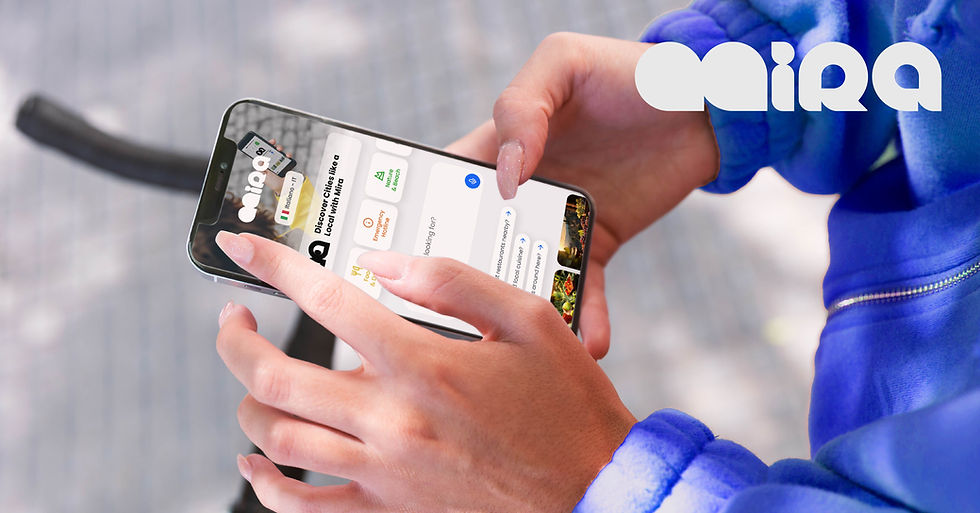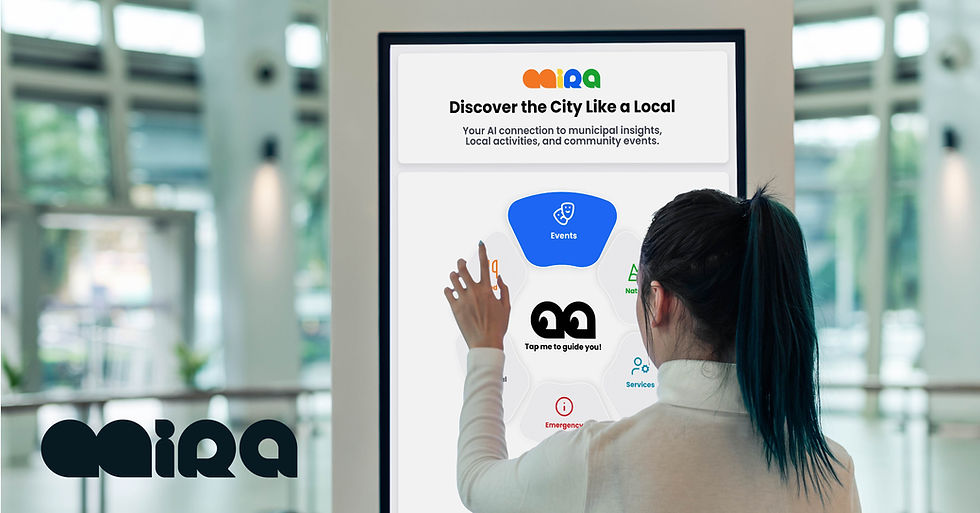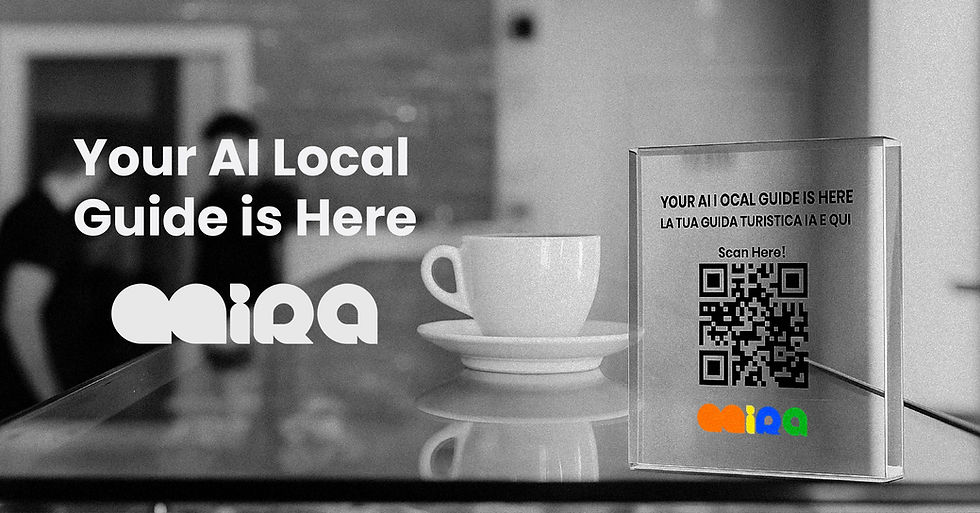The Role of Technology in Modern Digital Travel Planning
- Paniz Talesh
- Aug 10, 2025
- 3 min read
Travel planning has evolved dramatically over the past decade. Technology now plays a central role in how people organize trips, find destinations, and experience new places. From booking flights to discovering hidden gems, digital tools have transformed travel into a more accessible and personalized adventure. This article explores how technology shapes modern digital travel planning, offering practical insights and examples to help travelers make the most of their journeys.
How Technology Enhances Digital Travel Planning
Technology simplifies many aspects of travel planning, making it faster and more efficient. Travelers can now access a wealth of information and services at their fingertips. Here are some key ways technology enhances digital travel:
Instant Booking and Reservations: Online platforms allow users to book flights, hotels, and rental cars instantly. This eliminates the need for travel agents and long phone calls.
Personalized Recommendations: Algorithms analyze preferences and past behavior to suggest destinations, activities, and restaurants tailored to individual tastes.
Real-Time Updates: Mobile apps provide live updates on flight status, weather conditions, and local events, helping travelers adjust plans on the go.
Virtual Tours and Augmented Reality: Before visiting, travelers can explore destinations virtually, gaining a better sense of what to expect.
Social Sharing and Reviews: Platforms like TripAdvisor and Instagram offer user-generated content that helps travelers make informed decisions.
By integrating these technologies, travelers save time, reduce stress, and enjoy more customized experiences.

The Impact of Digital Travel on Trip Preparation
Digital travel tools have changed how people prepare for trips. Instead of relying on guidebooks or word-of-mouth, travelers use apps and websites to plan every detail. Here are some practical ways digital travel impacts trip preparation:
Research Made Easy: Search engines and travel blogs provide detailed information about destinations, including cultural tips, safety advice, and must-see attractions.
Budget Management: Expense tracking apps help travelers monitor spending and stick to budgets.
Itinerary Building: Digital planners allow users to organize activities, transportation, and accommodations in one place.
Language Assistance: Translation apps break down language barriers, making communication smoother.
Packing Assistance: Some apps generate packing lists based on destination weather and trip length.
These tools empower travelers to plan smarter and feel more confident about their trips.

What is an Example of Digital Tourism?
Digital tourism refers to the use of digital technologies to enhance the travel experience. One prominent example is the use of a digital tourism platform. These platforms combine various services such as booking, itinerary management, local guides, and interactive maps into a single user-friendly interface.
For instance, a digital tourism platform might offer:
Integrated Booking: Flights, hotels, and tours booked seamlessly.
Local Experiences: Access to unique activities curated by locals.
Community Features: Connect with other travelers for tips and meetups.
Real-Time Assistance: Chat support and emergency contacts.
Such platforms make travel more accessible and enjoyable by providing comprehensive support before and during the trip.

Practical Tips for Using Technology in Travel Planning
To get the most out of technology when planning your next trip, consider these actionable recommendations:
Use Multiple Apps: Combine flight search engines, hotel booking sites, and local experience apps to compare options.
Download Offline Maps: Avoid getting lost by having maps available without internet access.
Set Alerts: Use price alert features to book flights and hotels at the best rates.
Leverage Social Media: Follow travel influencers and local tourism boards for inspiration and updates.
Secure Your Data: Use VPNs and strong passwords to protect personal information when booking online.
By following these tips, travelers can maximize convenience and security.
The Future of Digital Travel Planning
As technology continues to advance, digital travel planning will become even more immersive and intuitive. Emerging trends include:
Artificial Intelligence: AI will offer hyper-personalized travel suggestions based on mood, budget, and past trips.
Virtual Reality: VR will allow travelers to preview destinations in 3D before booking.
Blockchain: Secure and transparent transactions will simplify payments and reduce fraud.
Sustainability Tools: Apps will help travelers choose eco-friendly options and track their carbon footprint.
These innovations promise to make travel planning more enjoyable and responsible.
Embracing Technology for a Better Travel Experience
Technology has revolutionized how people plan and experience travel. By embracing digital tools, travelers gain access to a world of information and services that make trips smoother, safer, and more personalized. Whether using a digital tourism platform or simply leveraging mobile apps, technology empowers travelers to explore with confidence and curiosity. As the digital landscape evolves, so too will the possibilities for discovering new places and cultures.
Start your next adventure by exploring the latest digital travel tools and see how technology and Mira can transform your journey.









Comments